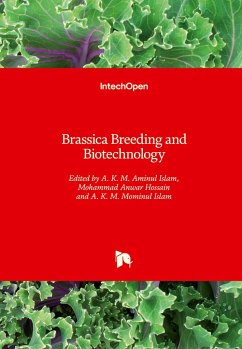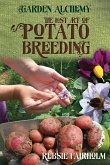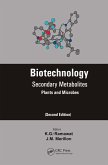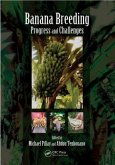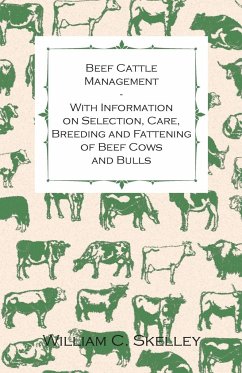The family Brassicaceae constitutes one of the world¿s most economically important plant groups. These plants are important sources of vegetable oil, vegetables, and condiments. Most of these crops belong to the genus Brassica, which includes common crops such as oilseeds (oilseed rape, mustard) and vegetables (broccoli, cauliflower, brussels sprouts, cabbage, turnip, Chinese cabbage, etc.). Brassica species play an essential role in horticulture and agriculture as well as contribute to the health of populations around the world. The current global climatic model predicts a significant decrease in growth, yield, and productivity of Brassica due to various biotic and abiotic stress factors. Thus, high-yielding, climate-resilient, and disease-resistant Brassica varieties are required to maintain as well as increase future agricultural production. The development of improved cultivars of these crops may become exhausted and improvement could become stagnant when plant breeding is merely based on a single breeding approach. Therefore, the goal of a breeding program should be to develop genetically superior Brassica cultivars suitable for a wide range of environments. This book examines the introgression of insect and disease resistance and other desirable traits into Brassica crops using inter-and/or intra-specific hybridization as well as biotechnological and molecular techniques, which could be useful for improving Brassica crops to ensure food security.
Hinweis: Dieser Artikel kann nur an eine deutsche Lieferadresse ausgeliefert werden.
Hinweis: Dieser Artikel kann nur an eine deutsche Lieferadresse ausgeliefert werden.

